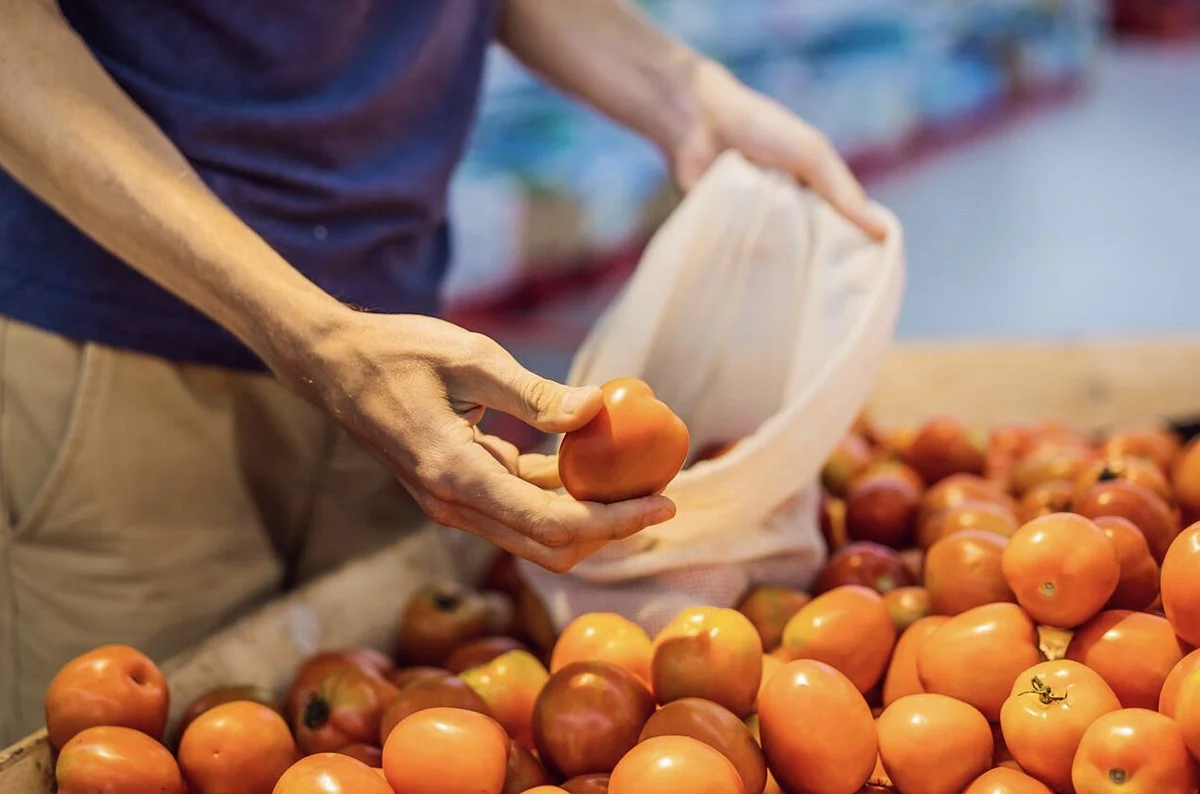
UAE Food Consumption Likely To Rise To 8.8 Million MT By 2029
The UAE's food industry is undergoing a strategic transformation, shaped by evolving consumer preferences, technological innovation, and government-led sustainability initiatives, a study shows.
According to a report by Alpen Capital on the GCC's food industry, while overall food consumption is projected to grow modestly - from 8.74 million metric tonnes (MT) in 2024 to 8.8 million MT by 2029, at a CAGR of 0.1 per cent - the sector's outlook remains positive, driven by rising incomes, population growth, and a booming tourism sector.
Recommended For YouDespite its economic strength, the UAE remains heavily reliant on food imports, with 83.1 per cent of its consumption sourced from abroad as of 2023. Cereals and fruits dominate the import basket, reflecting the country's limited arable land (just 0.7 per cent) and water scarcity, which necessitates desalination for 42 per cent of its drinking water. These environmental constraints have prompted the government to invest heavily in agritech, including vertical farming, hydroponics, and AI-powered smart agriculture. The GigaFarm project, set to be operational by 2026, is expected to produce over 3 million kilograms of fresh food annually, replacing 1 per cent of current imports and supporting the UAE's goal to triple domestic food production by 2030.
“While food security remains a priority, governments are seeking to reduce reliance on imports by investing in technologies such as vertical farming, hydroponics, and smart agriculture to build a more resilient food ecosystem”, says Sameena Ahmad, Managing Director, Alpen Capital.
Cereals remain the most consumed food category, accounting for 39.8 per cent of total consumption in 2023, with a growth rate of 2.0 per cent CAGR between 2018 and 2023. Fruits follow with a 19 per cent share, while eggs, pulses, and fish have seen steady increases. In contrast, consumption of milk and meat has declined sharply, reflecting a shift toward flexitarian diets and health-conscious eating. The UAE's National Food Security Strategy 2051 and the Nutri-Mark labeling system, which became mandatory in June 2025, are part of a broader push to promote healthier choices. The Ne'ma initiative also aims to reduce food waste by 50 per cent by 2030, addressing the staggering 38 per cent waste rate in the hospitality sector.
Digital transformation is reshaping the food retail landscape. Consumers are increasingly turning to e-commerce platforms, cloud kitchens, and subscription-based meal kits. The UAE's food delivery market is projected to reach $2.79 billion by 2026, supported by widespread smartphone adoption and dual-income households. Dubai alone hosts over 13,000 food and beverage establishments, reinforcing its status as a regional culinary hub.
Financially, UAE-listed food companies are performing well. Agthia Group reported revenues of $1.34 billion in 2024, up 7.7 per cent year-on-year, with a net profit of $79.3 million. Dubai Refreshments posted $222.7 million in revenue, while United Foods reached $157.2 million. Valuations remain strong, with UAE food firms trading at P/E ratios between 14x and 21x and EV/EBITDA multiples ranging from 6x to 14x.
Mergers and acquisitions have intensified, with around 20 deals completed between 2023 and 2025. UAE-based players such as Agthia, Talabat, and Ghitha Holdings are leading the charge, focusing on health-oriented products, sustainable sourcing, and digital platforms. Consolidation is expected to continue, particularly in agritech and last-mile delivery.
According to Alpen Capital, food consumption in the GCC is projected to grow at a CAGR of 1.7% to reach 55.5 million MT by 2029 from an estimated 50.9 million MT in 2024. This growth is expected to be driven by an increasing population, high per capita incomes and rising tourism. Additionally, the heavy investments being made by the regional governments to strengthen food security is likely to support a sustainable supply of food items to meet the rising demand.
“As margin pressures mount and technology reshapes consumer engagement, we expect further consolidation in high-growth areas such as agritech, digital F&B, and smart supply,” says Sharmin Karanjia, Executive Director, Alpen Capital.

Legal Disclaimer:
MENAFN provides the
information “as is” without warranty of any kind. We do not accept
any responsibility or liability for the accuracy, content, images,
videos, licenses, completeness, legality, or reliability of the information
contained in this article. If you have any complaints or copyright
issues related to this article, kindly contact the provider above.


















Comments
No comment